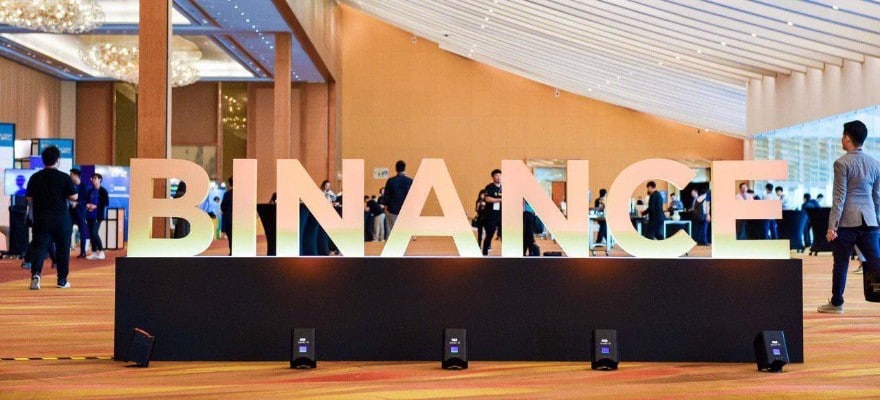Binance.US is adding an over-the-counter (OTC) trading portal, which allows the execution of transactions on a large variety of crypto and fiat pairs, the latest move by the US arm of world's largest cryptocurrency exchange to cement its market position.
As per the announcement, Binance noted that the new service would be available only for ‘approved customers,’ while to withdraw in USD, users will need to have passed Level 3 Fiat Verification. The portal would initially support 12 different coins against the buck with plans to add more in the future.
For quick and easy trade settlements, the OTC portal functions as a live Request for Quotation (RFQ) platform, a trading messaging system that connects buyers and sellers on the exchange to submit price quotes and bids and helps avoid price slippage.
When an agreement is reached, the portal grants users the ability to confirm trades and receive the settlement directly into their Binance account, the exchange added.
The new platform offers deeper Liquidity , with a minimum entry-point of $10,000, to customers needing to fill orders, including guaranteed pricing for certain trades. Binance.US would act typically as an agency and earn spreads by executing client trades. It will not charge fees or commission, but instead traded Cryptocurrencies will be tagged above or below the market price to reflect its chunk.
The exchange finds willing buyers and sellers without tipping off the market that a big order is coming. Binance.US will then get price quotes for the client who, in this case, needs to confirm that he accepts the offered settlement price for the transaction.
Binance hit with class actions in the US
The OTC desk, which facilitates dealing between trade parties directly, instead of relying on the supervision of an exchange, joins similar services at other top US crypto businesses.
Coinbase, Poloniex, Gemini, and Circle started their over-the-counter trading operations earlier last year. The OTC business complements those exchanges’ underlying services as many institutions were already using OTC as a proxy for crypto trading.
The recent move comes as major cryptocurrency exchanges, including Binance and BitMEX, have been pegged with 11 class action complaints at a federal court in Manhattan.
The case mirrors the SEC’s insistence that the crypto-financial products must follow traditional securities rules and comes as part of a bigger regulatory and legal crackdown in the growing cryptocurrency industry. As such, the plaintiffs claim that crypto issuers such as Block.one and Tron, and exchanges like Binance and BitMEX ran afoul of US laws because the vehicle being offered could be considered securities.
The problem, the complaint says, was that many platforms refer to themselves as ‘exchanges’ and have set up their own rules when it comes to listing new cryptocurrencies. This gives the misimpression to investors that they are regulated or meet the regulatory standards while, in fact, the SEC has no say in this process and can’t guarantee that those are safe investments.

















